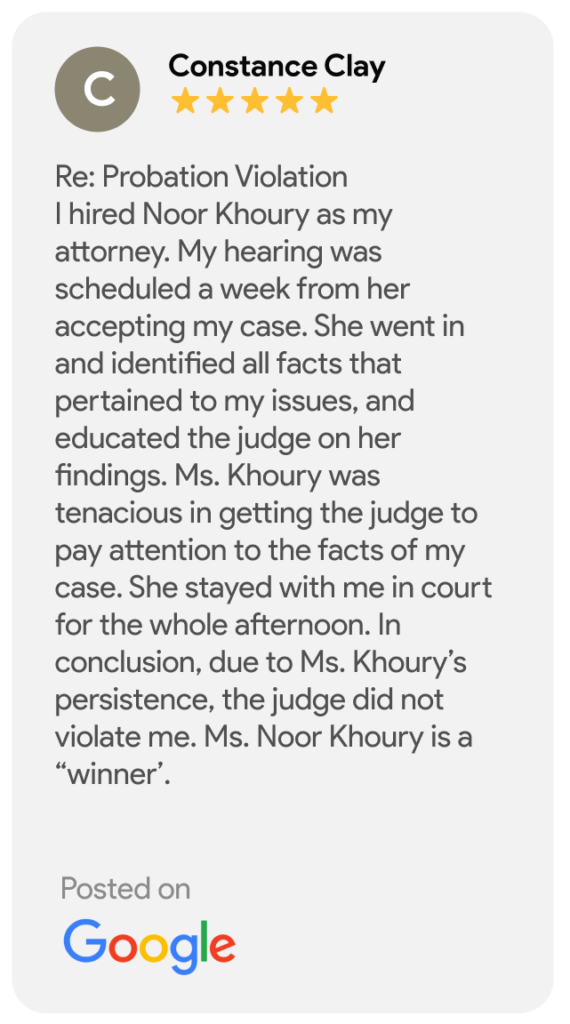Michigan Out Of State Child Support Attorney

Welcome to Michigan out of state child support lawyers. Are you an out-of-state resident trying to enforce a child support order in Michigan? Or, were you a Michigan resident who is trying to enforce a Michigan order in another state? If the answer is yes, you might wonder about whether you have the ability to go to court for help if the other side refuses to pay child support. The good news is, child support orders, regardless of what state they arise in, are going to be enforceable.
Uniform Interstate Family Support Act
The Uniform Interstate Family Support Act (UIFSA) establishes that a child support order from Michigan may be enforced in other states, and that child support orders made in other jurisdictions will almost always be enforced in Michigan. The state may either initiate proceedings to enforce a child support order, or it may respond to them under the UIFSA.
Michigan Courts Need Jurisdiction
A Michigan court must have jurisdiction to enforce child support orders. To order child support, the court must have in personam jurisdiction over the defendant. Hillsdale County Dept of Soc Servs v Lee, 175 Mich App 95, 437 NW2d 293 (1989). If the parent is not a resident of Michigan, this entails not only personal service under MCR 2.105 but also sufficient contacts between the defendant and the state of Michigan to justify Michigans assuming jurisdiction over the defendant. Id.
When Do Michigan Courts Have Jurisdiction?
A Michigan court has jurisdiction to enforce a child support order filed in Michigan first, and then in another state where:
The petition or comparable pleading in this state is filed before the expiration of the time allowed in the other state for filing a responsive pleading challenging the exercise of jurisdiction by the other state;
The contesting party timely challenges the exercise of jurisdiction in the other state; and
If relevant, this state is the child’s home state.
A Michigan court has jurisdiction for child support orders made in other states where:
The pleading is filed in Michigan before the other states time expires for filing a responsive pleading challenging the other states exercise of jurisdiction;
The party challenges the other states exercise of jurisdiction in a timely manner, and
If relevant, Michigan is the childs home state.
Out Of State Child Support
If you have a child who lives in Michigan, but you do not live in Michigan, you may still be responsible for paying child support. Child support is an obligation to the child, and is a matter that is taken very seriously, possibly carrying criminal penalties for those who do not meet their obligations. A Michigan court with proper jurisdiction over a child has the power to order either of that child’s parents to pay child support, which is determined in a very consistent way by the courts. Further, if a Michigan court with proper jurisdiction issues an order for support, it is very likely that courts in other states will, as a matter of constitutional law, order you to comply. However, if the financial situation of you or the other parent change after the child support order is issued, it may constitute a change in circumstances that would then merit a recalculation of child support. If you think you might be overpaying on child support, or if the amount ordered by the court is causing you some kind of financial hardship, it might be time to speak with an experienced family law attorney in Michigan who can help you decide if filing a petition to amend the child support order makes sense for your situation.
Child Support Arrears
Penalties for being behind on ones child support obligations which originate from a state other than Michigan are enforced in the same manner as if the obligations originated in Michigan. A court has the power to hold a party who is in arrears in contempt. The courts contempt power may be used to suspend licenses, add additional costs or fines, and on some occasions, even issue a warrant for an individuals arrest.
When child support is ordered by a court, it creates a legally enforceable debt. When it is paid on time, everything goes just fine. However, sometimes situations arise and you may fall behind, causing arrerages to build up. When arrerages accrue, what happens will depend on what the person the payments are owed to does. The other parent may go to the state, and ask receive benefits from the state. If they go that route, the arrerages that accrue will be owed to the state. If not, the arrerages will be owed to the other parent. When arrerages are owed to the other parent, the it becomes a debt, which can be forgiven just like any other debt. If the arrerages are owed to the government, the arrerages will have to be paid, but when when the amount the government is taking collecting from you makes life difficult, it may be possible to reduce or eliminate payments. An experienced attorney can help determine who the arrerages are owed to, and can work to negotiate a favorable resolution.
Michigan Child Support Attorneys
We are Michigan child support attorneys who help parents get the child support that they are owed, but who are having a difficult time collecting it. Contact our office today; we can help you. (586-268-2400).If you require additional information, please visit Michigan out of stateChild Support Attorney.
































